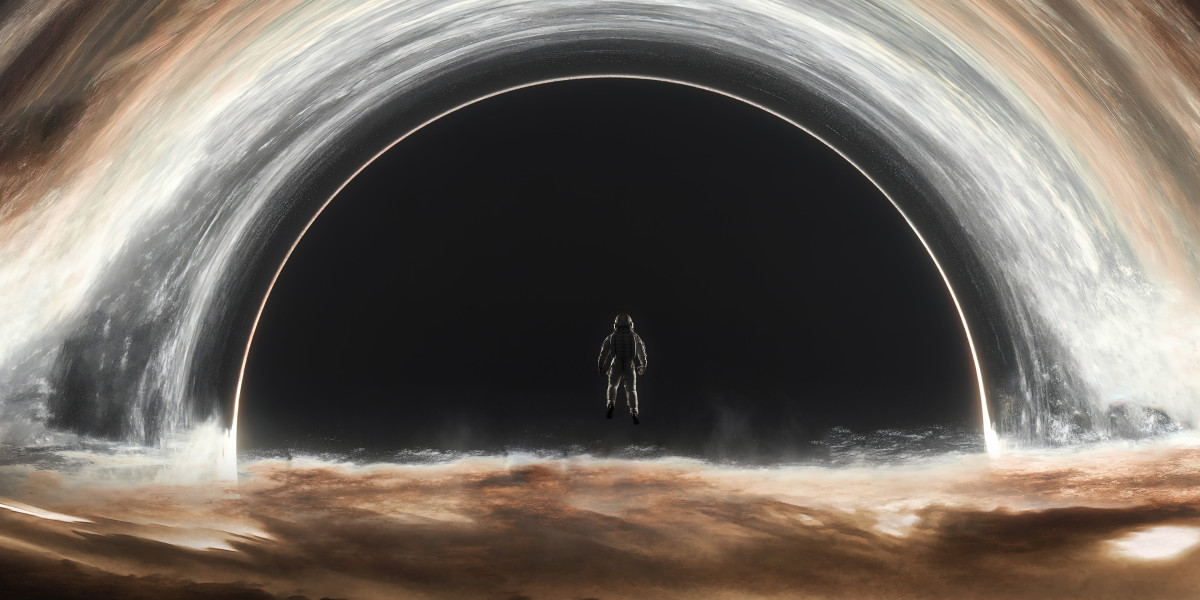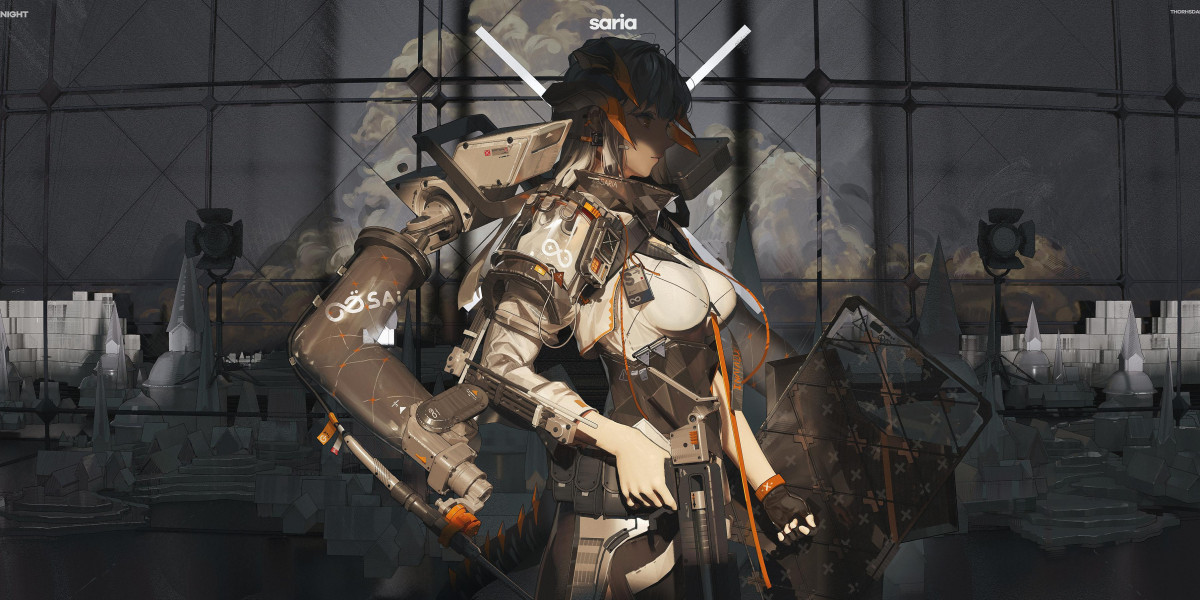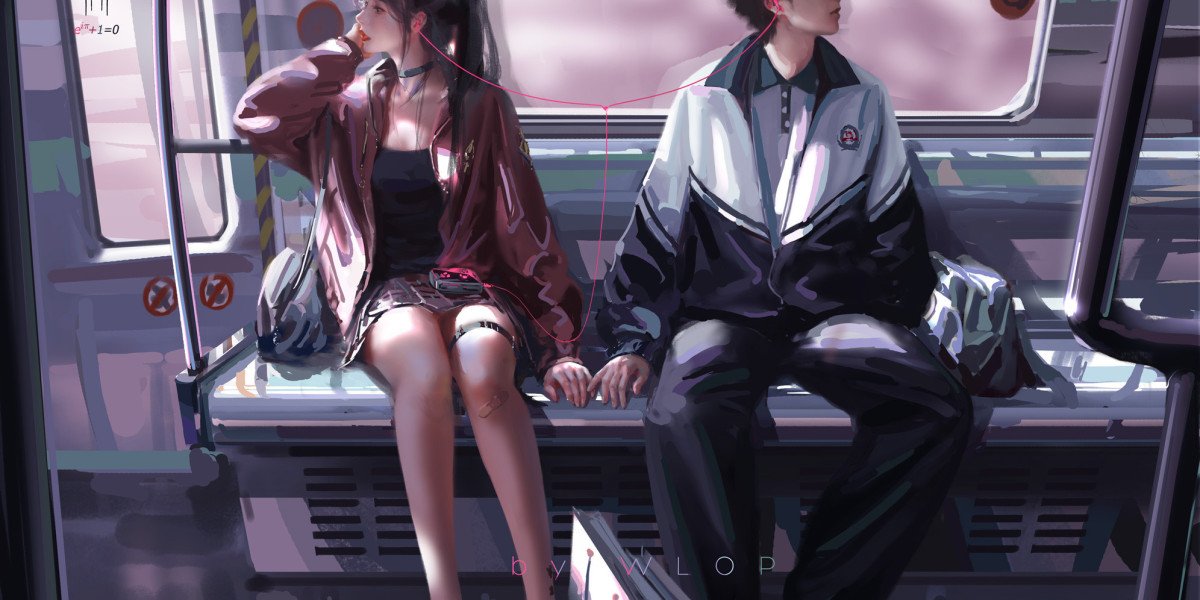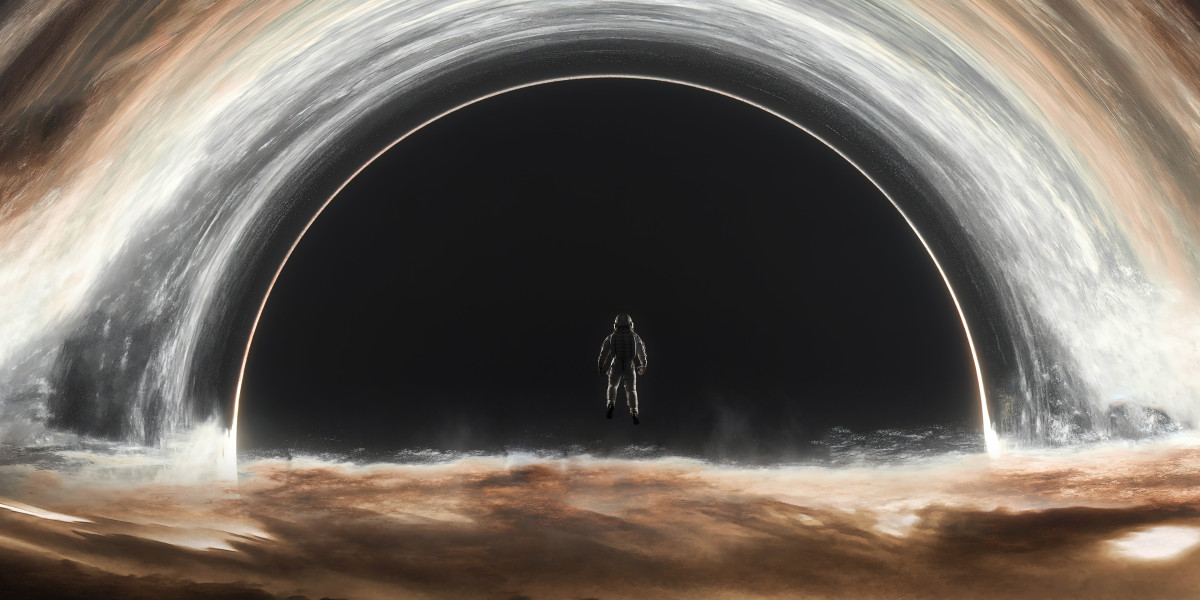Artificial Intelligence (AI) cameras are revolutionizing the way we perceive and interact with the world around us. From smart cities to smart factories, these advanced devices are playing a pivotal role in shaping the future of industry.

The Evolution of AI Cameras
The journey of AI cameras from their inception to their current state of advancement is nothing short of remarkable. These intelligent devices have come a long way in terms of their capabilities, from simple image recognition to complex real-time data analysis. The evolution of AI cameras has been fueled by rapid developments in machine learning, computer vision, and sensor technologies.
Today, AI cameras are equipped with the ability to not only capture high-quality images and videos but also to interpret and analyze visual data in real time. This has opened up a world of possibilities across various industries, from enhancing security and surveillance to optimizing manufacturing processes.
Transforming Smart Cities
In the context of smart cities, AI cameras are being deployed to monitor and manage urban infrastructure, traffic flow, public safety, and environmental conditions. These intelligent devices are capable of detecting and responding to various situations, such as traffic congestion, accidents, and security threats, in a proactive manner.
By leveraging AI-powered analytics, smart cities can harness the potential of AI cameras to improve the overall quality of life for their residents. For instance, these cameras can be used to optimize traffic signal timings, detect and address environmental hazards, and enhance public safety through real-time monitoring and response.
Revolutionizing Smart Factories
When it comes to smart factories, AI cameras are playing a crucial role in driving efficiency, productivity, and safety. These intelligent devices are being integrated into manufacturing processes to enable real-time quality control, predictive maintenance, and workflow optimization.
AI cameras can analyze production lines, identify defects or anomalies, and make instant adjustments to ensure seamless operations. This level of automation and intelligence is revolutionizing the manufacturing industry, leading to improved product quality, reduced downtime, and enhanced worker safety.
The Future of Industry
As AI cameras continue to evolve and become more sophisticated, their impact on the future of industry will only intensify. From smart cities to smart factories, these intelligent devices are poised to drive innovation, efficiency, and sustainability across various sectors.
With advancements in AI algorithms, edge computing, and 5G connectivity, AI cameras will become even more powerful and versatile. They will be able to process and analyze vast amounts of visual data in real time, enabling a new era of automation, decision-making, and insight generation.
Ultimately, the widespread adoption of AI cameras will lead to smarter, safer, and more efficient urban environments and industrial operations. The future of industry is being shaped by the transformative potential of AI cameras, and the possibilities are truly limitless.








